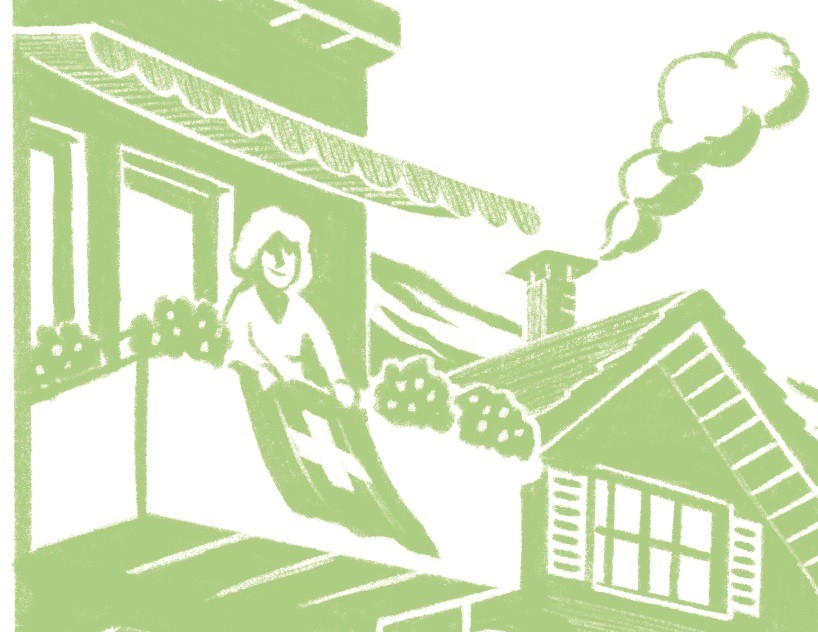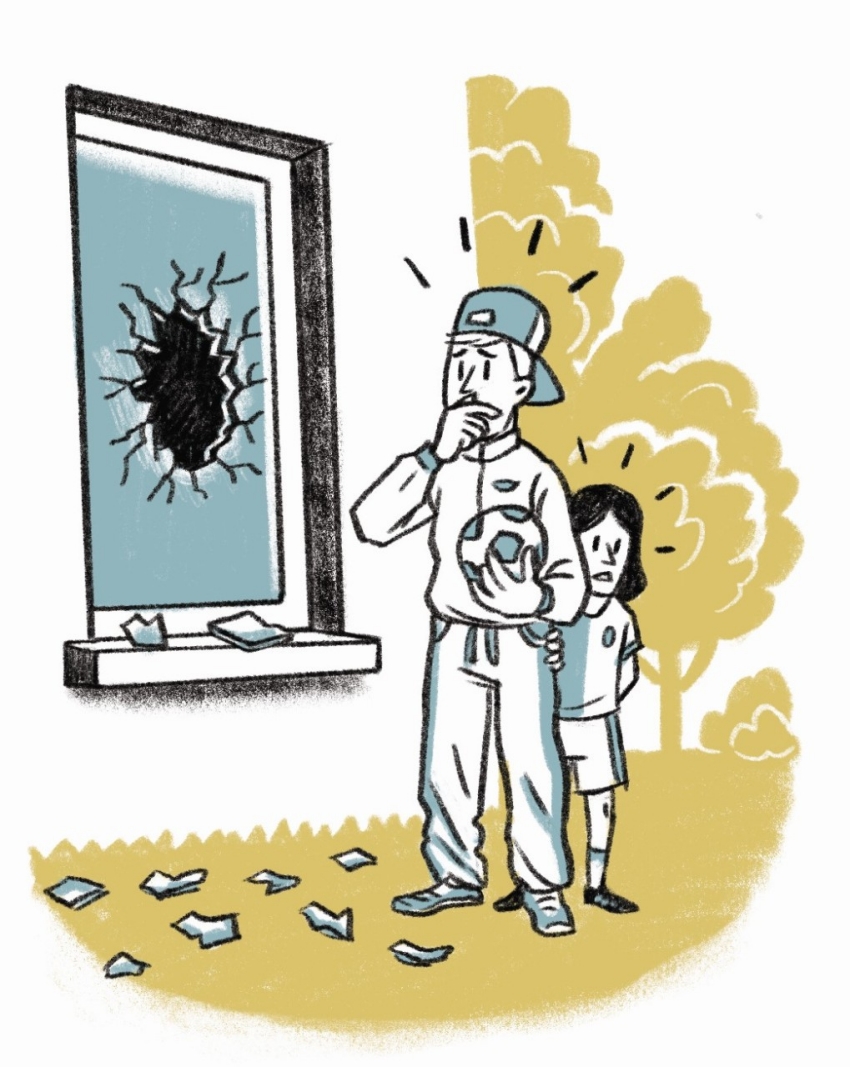Rent a flat
In Switzerland, most people live in a rented apartment. Have you found an apartment and would like to rent it now?

If you have viewed a vacant rental apartment and you like it, then you can apply for this apartment.
In order to be able to rent an apartment, the landlord first needs various documents from you.
Only then can you conclude the rental agreement and move into the new apartment.
How to conclude a rental agreement:
Usually, all interested parties have to fill out a registration form. There you must provide information on the following points:
- Your profession / Job
- Your monthly income
- Number of children
- Nationality and residence permit
- Your employer
- whether you have pets
It is important that you fill out the form truthfully.
Very often, an Betreibungsregisterauszug is also required. This is considered proof that you are paying your bills and have no debts. You can order the excerpt as follows:
- Online at EasyGov.swiss
- In person at the Betreibungsamt of your place of residence. You can find the responsible Betreibungsamt here: EasyGov swiss Search Debt Enforcement Office
- You can order the document at any post office.
The rental agreement is usually concluded in writing. However, it is also valid orally. A rental agreement also includes the general conditions and the house rules. When you sign the contract, you are obliged to comply with it.
These important points belong in the rental agreement:
| Spalte 1 | Spalte 2 |
|---|---|
| Tenants | who are the landlords and who are the tenants? Only those who conclude the contract as a tenant become a tenant with all rights and obligations. |
| Leased property | what do the landlords leave to the tenants to use? The apartment and common areas such as: cellar, laundry room, attic, etc. are listed. |
| Length of lease | Leases can be concluded for a definite or indefinite period. The majority of contracts are concluded for an indefinite period of time. In this case, both parties can file the notice of termination in compliance with the rules and deadlines. |
| Rent and ancillary costs | The monthly rent is noted and how it is composed (net rent plus ancillary costs). If no ancillary costs are listed, it is assumed that they are included in the rent. |
| Rental deposit/rental deposit | A rent deposit only has to be paid if this is expressly agreed in the rental agreement. The amount (maximum 3 months' rent) is paid into a rental deposit account and serves as security for the landlord. |
Apartments may be sublet with the consent of the landlord.
Very often, when concluding a rental contract, you have to transfer a fixed amount as security. This is called a rental deposit.
The deposit is a maximum of 3 months' rent and is paid into a special bank account, the so-called rental deposit account. This account is in the name of the tenants. The deposit serves as security for the landlord. After moving out, the tenant receives the deposit back including interest.
If you do not want to take the deposit as a total amount from your savings, there are also some providers of rental deposit guarantees. There you pay a fixed amount every year:
Compare rental deposit providers
In the case of housing cooperatives, the tenants usually do not pay a deposit, but buy share certificates.
You pay the rent every month in advance for the following month.
In most cases, you also pay additional ancillary rental costs. These are, for example, costs for heating, hot water or cable TV. The landlord can charge the ancillary costs differently.
If the ancillary costs are invoiced on account – i.e. as a down payment – the landlord must make a detailed statement at least once a year. You may then have to pay an amount in arrears. However, you may also receive money back. The invoice for the ancillary costs must always be checked carefully.
If your landlord wants to increase the rent, this must be done using an official form.

Damage to the property can be covered by Hausratversicherung and personal liability insurance . It is highly recommended to take out these two insurances.
These insurances are not mandatory. However, the landlord often requires tenant liability insurance (= personal liability insurance).
It is worth comparing the many providers:
comparis Comparison of Household Contents & Liability Insurance
Personal liability insurance
This insurance protects you financially against damage that you have caused – whether to people or objects. The insurance pays, for example, if you leave a scratch on the floor of the rented apartment or if your child damages the neighbor's window while playing soccer.
Landlords therefore require tenant liability (= personal liability) so that damage to the rented apartment is covered.
Hausratversicherung
This insurance covers damage to your personal belongings, for example in the event of a burglary or apartment fire. With this insurance, you protect your personal belongings such as your furniture, your clothes or your mobile phone.
Here you can read everything about renting an apartment.
- زندگی در سوئیس (farsi)
- Abitare in Svizzera (italienisch)
- ኣብ ስዊዘርላንድ ምንባር (tigrinya)
- Jiyan li Swîsra (Esvîçra) (kurdisch)
- Stanovanje u Švajcarskoj (serbisch)
- Le logement en Suisse (französisch)
- العيش في سويسرا (arabisch)
- Проживание в Швейцарии (russisch)
- சுவிட்சர்லாந்தில் வசிப்பவர் (tamil)
- Wohnen in der Schweiz (deutsch)
- Vivir en Suiza (spanisch)
- Isviçre’de oturmak (türkisch)
- Të banosh në Zvicër (albanisch)
- Проживання в Швейцарії (ukrainisch)
- Residir na Suíça (portugiesisch)
- Living in Switzerland (englisch)
- Stanovanje u Švicarskoj (kroatisch)
- Κατοικώντας στην Ελβετία (griechisch)
Contact points
Enter your postcode so that we can show you your nearest contact point.

